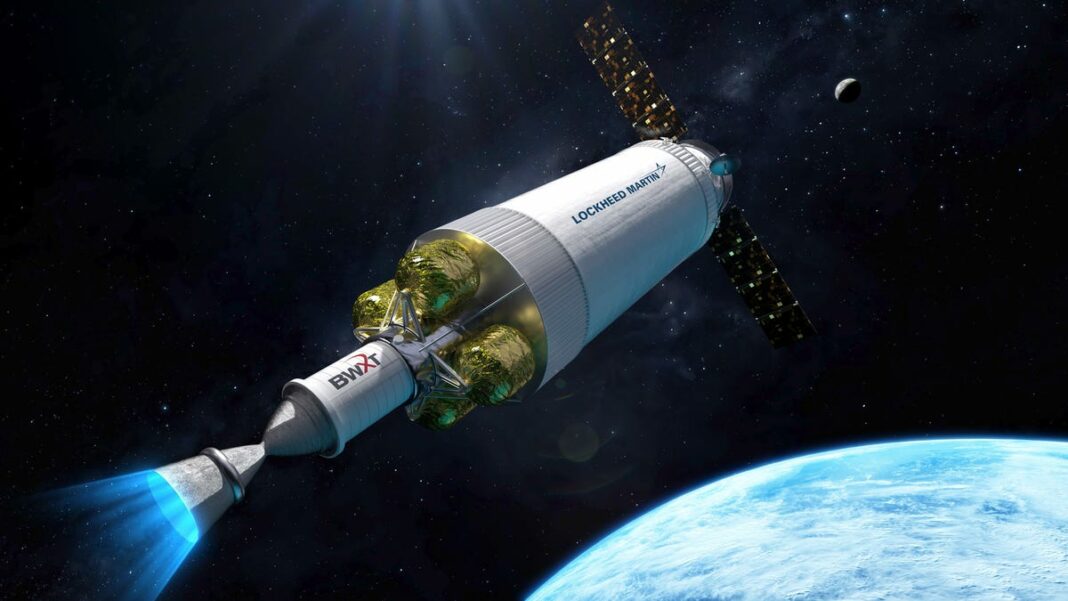Nuclear-Powered Rockets Could Be The New Space Race’s Greatest Gift
With the race to explore outer space heating up, nuclear-powered rockets are emerging as a game-changing technology that could revolutionize space travel. These advanced propulsion systems have the potential to significantly reduce travel time and open up new possibilities for missions to Mars, the Moon, and beyond.
The Promise of Nuclear-Powered Rockets
Nuclear-powered rockets use nuclear energy as a source of propulsion, offering far greater efficiency and power compared to traditional chemical rockets. By harnessing the energy released from nuclear reactions, these rockets can achieve higher speeds and carry heavier payloads, making them ideal for long-distance space missions.
One of the key advantages of nuclear-powered rockets is their ability to generate thrust over extended periods of time, enabling faster and more efficient travel through space. This increased speed and range could revolutionize our exploration of the cosmos, allowing us to reach distant planets and moons in a fraction of the time it would take with conventional propulsion systems.
The Race for Nuclear-Powered Rockets
Several countries and private companies are currently investing in the development of nuclear-powered rocket technology, hoping to gain a competitive edge in the new space race. NASA, for example, has been exploring nuclear thermal propulsion as part of its Artemis program, which aims to return humans to the Moon and pave the way for crewed missions to Mars.
In addition to government agencies, companies like SpaceX and Blue Origin are also working on nuclear propulsion systems for their spacecraft, seeking to push the boundaries of space exploration and establish a presence beyond Earth’s orbit. The potential benefits of nuclear-powered rockets are driving intense competition in the space industry, with participants vying to be the first to deploy this groundbreaking technology.
Challenges and Concerns
While nuclear-powered rockets hold tremendous promise for the future of space travel, they also come with a unique set of challenges and concerns. Safety is a major issue, as the use of nuclear energy in space raises the risk of accidents that could have severe consequences for both astronauts and the environment.
Another consideration is the regulatory framework surrounding nuclear propulsion systems, which must be carefully navigated to ensure compliance with international treaties and agreements. Additionally, the cost of developing and deploying nuclear-powered rockets is a significant obstacle, requiring substantial investment and technical expertise.
Conclusion
In conclusion, nuclear-powered rockets have the potential to revolutionize space exploration by enabling faster, more efficient travel through the cosmos. As the new space race heats up, the development of nuclear propulsion systems will be a key factor in determining who will lead the way in unlocking the mysteries of the universe.
FAQs
What are nuclear-powered rockets?
Nuclear-powered rockets use nuclear energy as a source of propulsion, offering greater efficiency and power compared to traditional chemical rockets.
Why are nuclear-powered rockets important?
Nuclear-powered rockets have the potential to significantly reduce travel time and open up new possibilities for missions to Mars, the Moon, and beyond.
What are the challenges of nuclear-powered rockets?
Challenges include safety concerns, regulatory issues, and the high cost of development and deployment.




